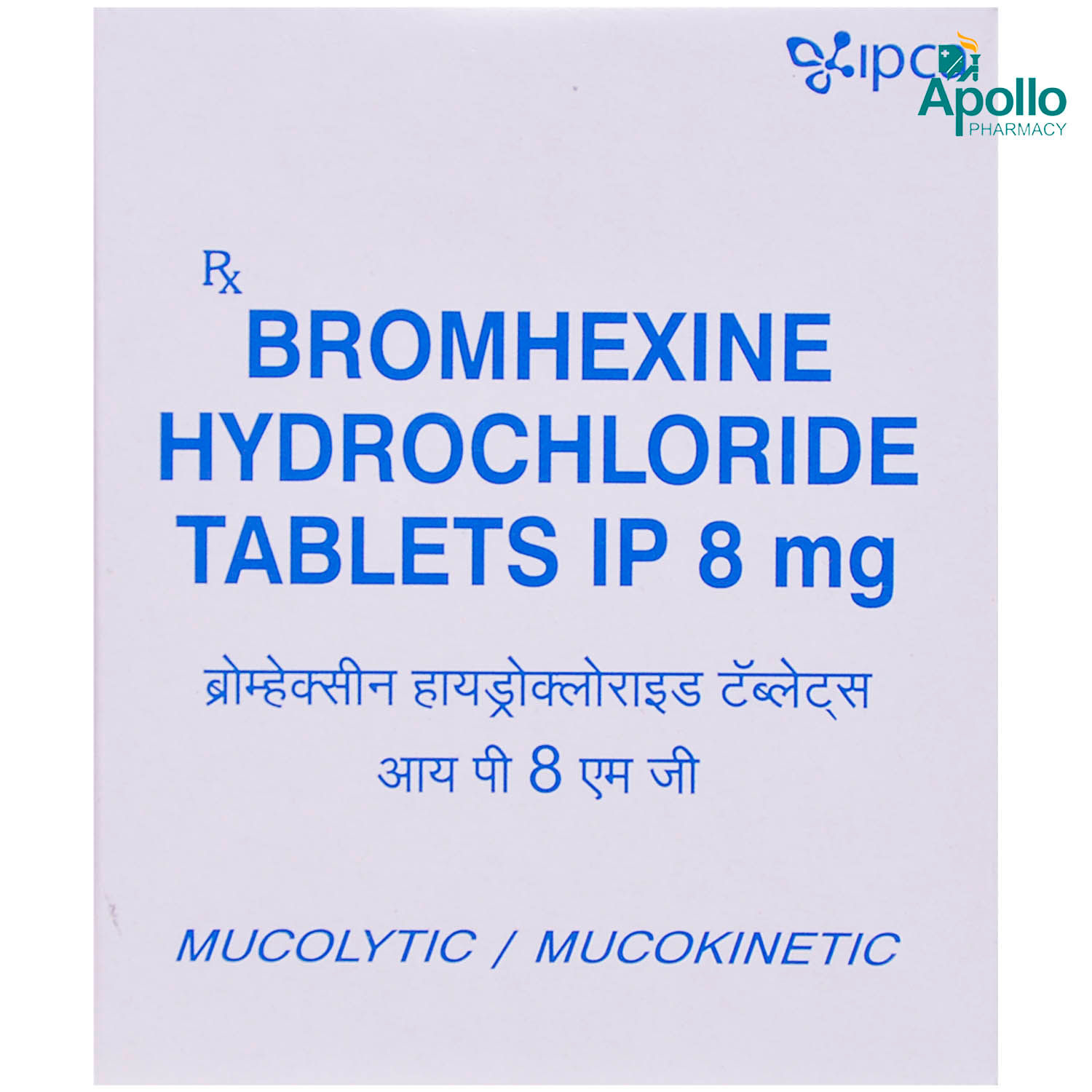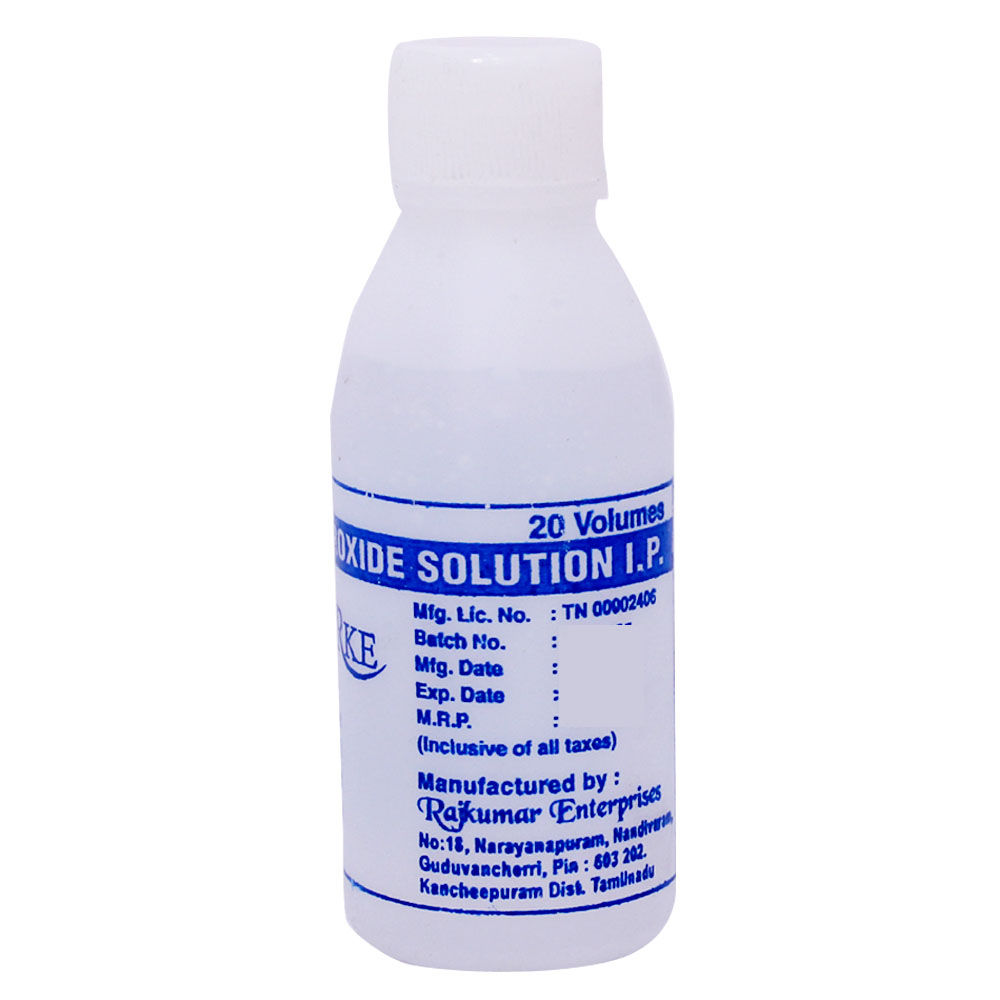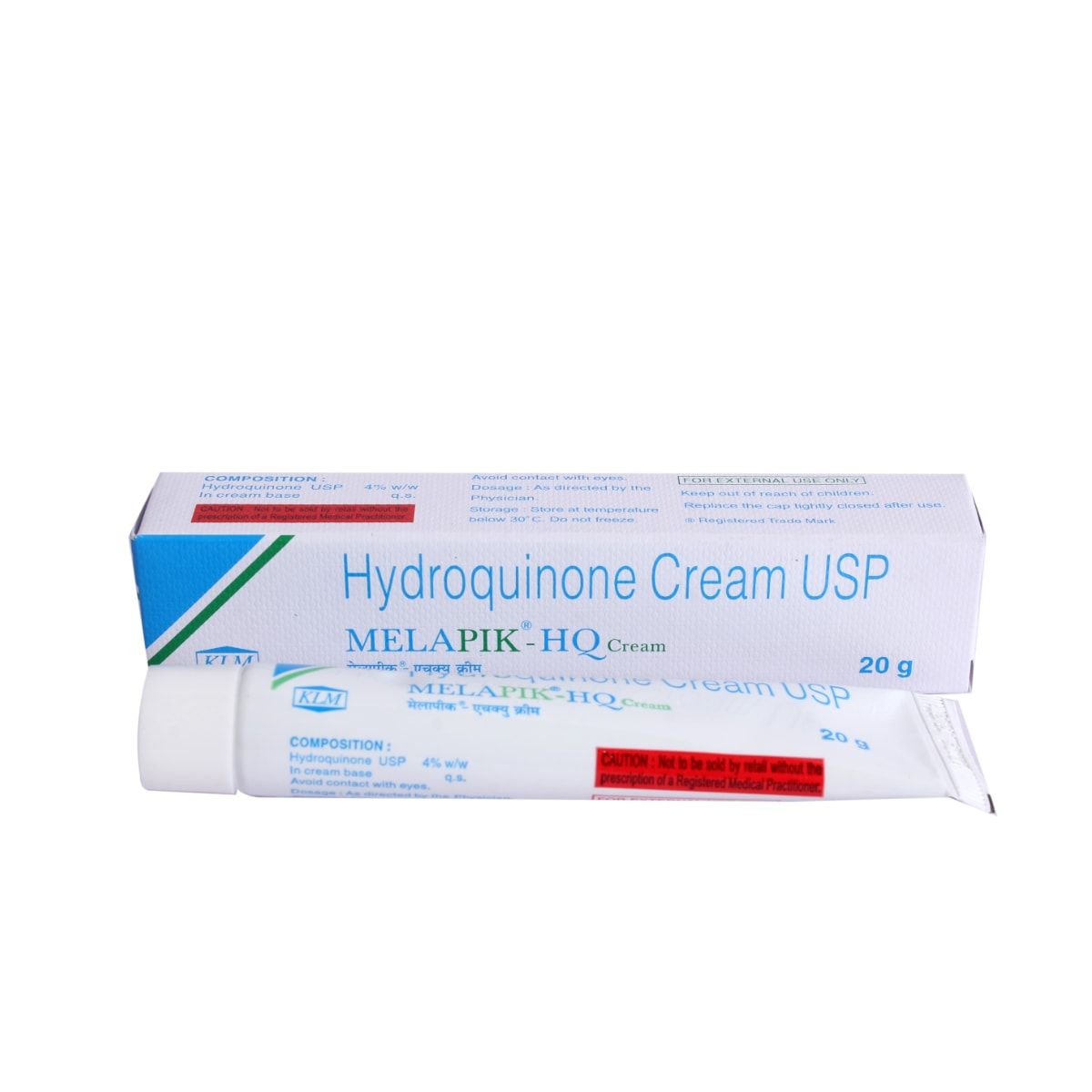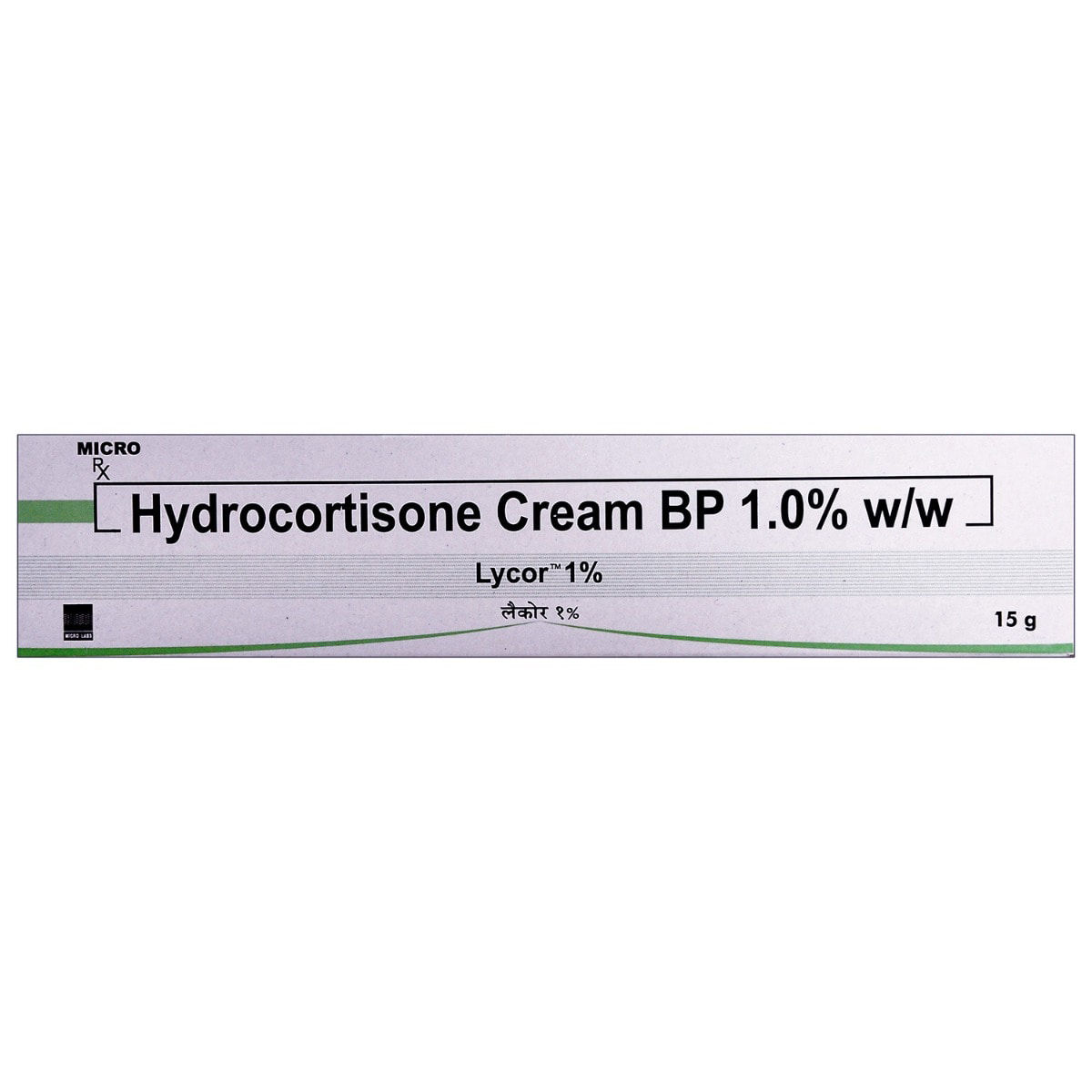About AMMONIUM CHLORIDE+DIPHENHYDRAMINE HYDROCHLORIDE+SODIUM CITRATE
AMMONIUM CHLORIDE+DIPHENHYDRAMINE HYDROCHLORIDE+SODIUM CITRATE belongs to a group of medicines called expectorants and cough products used to provide relief from cough. Additionally, AMMONIUM CHLORIDE+DIPHENHYDRAMINE HYDROCHLORIDE+SODIUM CITRATE may also help in providing relief from allergy and nasal congestion due to cold. Coughing (dry or productive) is the body's way of clearing irritants (like allergens, mucus or smoke) from airways, thereby preventing respiratory infection.
AMMONIUM CHLORIDE+DIPHENHYDRAMINE HYDROCHLORIDE+SODIUM CITRATE contains Ammonium chloride, Diphenhydramine hydrochloride, and Sodium citrate. Ammonium chloride helps remove phlegm/mucus from the airways by decreasing its stickiness. Diphenhydramine hydrochloride works by blocking the action of a chemical substance called histamine, which is responsible for causing allergic reactions. Sodium citrate helps in reducing congestion, thereby making it easier to cough out through the mouth. Together, AMMONIUM CHLORIDE+DIPHENHYDRAMINE HYDROCHLORIDE+SODIUM CITRATE provides relief from cough.
You are advised to take AMMONIUM CHLORIDE+DIPHENHYDRAMINE HYDROCHLORIDE+SODIUM CITRATE for as long as your doctor has prescribed it for you, depending on your medical condition. In some cases, you may experience certain common side-effects such as headache, stomach upset, dizziness, tiredness, and dry mouth. Most of these side effects do not require medical attention and will resolve gradually over time. However, you are advised to talk to your doctor if the side effects persist or worsen.
Consult your doctor if you are pregnant or breastfeeding. AMMONIUM CHLORIDE+DIPHENHYDRAMINE HYDROCHLORIDE+SODIUM CITRATE may cause dizziness, so drive only if you are alert. AMMONIUM CHLORIDE+DIPHENHYDRAMINE HYDROCHLORIDE+SODIUM CITRATE should be given to children only if prescribed by the doctor. Avoid consuming alcohol with AMMONIUM CHLORIDE+DIPHENHYDRAMINE HYDROCHLORIDE+SODIUM CITRATE as it could lead to increased dizziness. Inform your doctor about all the prescription, non-prescription and herbal medicines you are taking to rule out any side effects/interactions.
Uses of AMMONIUM CHLORIDE+DIPHENHYDRAMINE HYDROCHLORIDE+SODIUM CITRATE
Cough
Medicinal Benefits
AMMONIUM CHLORIDE+DIPHENHYDRAMINE HYDROCHLORIDE+SODIUM CITRATE is a combination of three drugs, namely: Ammonium chloride and Diphenhydramine hydrochloride, and Sodium citrate. AMMONIUM CHLORIDE+DIPHENHYDRAMINE HYDROCHLORIDE+SODIUM CITRATE is used to provide relief from a cough accompanied by cold symptoms such as sore throat, runny nose, watery eyes, and sneezing. Additionally, AMMONIUM CHLORIDE+DIPHENHYDRAMINE HYDROCHLORIDE+SODIUM CITRATE helps in providing relief from allergy. Ammonium chloride is an expectorant that helps remove phlegm/mucus from the airways by decreasing its stickiness. Diphenhydramine hydrochloride is an antihistamine that works by blocking the action of a chemical substance called histamine, which is responsible for causing allergic reactions. Sodium citrate is a mucolytic agent that helps in loosening the congestion, thereby making it easier to cough out through the mouth. Together, AMMONIUM CHLORIDE+DIPHENHYDRAMINE HYDROCHLORIDE+SODIUM CITRATE provides relief from cough.
Directions for Use
Storage
Side Effects of AMMONIUM CHLORIDE+DIPHENHYDRAMINE HYDROCHLORIDE+SODIUM CITRATE
- Stomach upset
- Dizziness
- Sleepiness
- Dry mouth
- Headache
In-Depth Precautions and Warning
Drug Warnings
Do not take AMMONIUM CHLORIDE+DIPHENHYDRAMINE HYDROCHLORIDE+SODIUM CITRATE if you are allergic to any of its contents. Inform your doctor if you have asthma, prostate problems, narrow-angle glaucoma, stomach or bowel ulcers, glucose-galactose malabsorption, sucrase-isomaltase deficiency, fructose intolerance, kidney or liver problems; if you are taking antidepressants or anti-Parkinson drugs or have taken them in the last 14days. Consult your doctor if you are pregnant, planning for pregnancy or breastfeeding. AMMONIUM CHLORIDE+DIPHENHYDRAMINE HYDROCHLORIDE+SODIUM CITRATE may cause dizziness, so drive only if you are alert. Avoid consuming alcohol with AMMONIUM CHLORIDE+DIPHENHYDRAMINE HYDROCHLORIDE+SODIUM CITRATE as it could lead to increased dizziness.
Drug Interactions
Drug-Drug Interaction: AMMONIUM CHLORIDE+DIPHENHYDRAMINE HYDROCHLORIDE+SODIUM CITRATE may interact with an antidepressant (isocarboxazid, phenelzine, selegiline, tranylcypromine), anti-Parkinson agent (rasagiline).
Drug-Food Interaction: No interactions found/established.
Drug-Disease Interaction: Inform your doctor if you have asthma, prostate problems, narrow-angle glaucoma, stomach or bowel ulcers, glucose-galactose malabsorption, sucrase-isomaltase deficiency, fructose intolerance, kidney or liver problems.
Drug-Drug Interactions Checker List:
Safety Advice

Alcohol
unsafeAvoid consumption of alcohol while taking AMMONIUM CHLORIDE+DIPHENHYDRAMINE HYDROCHLORIDE+SODIUM CITRATE as it may cause increased dizziness.

Pregnancy
cautionPlease consult your doctor if you have any concerns regarding this; your doctor will prescribe only if the benefits outweigh the risks.

Breast Feeding
unsafeAvoid taking AMMONIUM CHLORIDE+DIPHENHYDRAMINE HYDROCHLORIDE+SODIUM CITRATE if you are breastfeeding. Consult your doctor if you have any concerns.

Driving
cautionAMMONIUM CHLORIDE+DIPHENHYDRAMINE HYDROCHLORIDE+SODIUM CITRATE may cause dizziness. Do not drive or operate machinery unless you are alert.

Liver
cautionDose adjustment may be needed in patients with liver impairment. Please consult your doctor if you have a liver impairment or any concerns regarding this.

Kidney
cautionDose adjustment may be needed in patients with kidney impairment. Please consult your doctor if you have kidney impairment or any concerns regarding this.

Children
cautionAMMONIUM CHLORIDE+DIPHENHYDRAMINE HYDROCHLORIDE+SODIUM CITRATE should be given to children only if prescribed by the doctor.
Habit Forming
Diet & Lifestyle Advise
- Gargle with salt water for relief from sore throat.
- Avoid smoking and consumption of alcohol.
- Avoid dairy products such as milk, as it may increase mucus production.
- Avoid processed or refined foods. Replace baked foods, fried foods, white bread, white pasta, french fries, sugary desserts and chips with green leafy vegetables.
- Drink plenty of fluids to avoid a dry throat. It also helps loosen mucus.
- Avoid citrus fruits as they may worsen the cough.
- Eat fruits rich in water content, such as pears, watermelon, peaches and pineapples.
Patients Concern
Disease/Condition Glossary
Cough: Coughing is the body's way of clearing irritants (like allergens, mucus or smoke) from airways and preventing infection. Cough can be dry or productive. A productive cough (wet cough) develops sputum (phlegm or mucus) from the lungs. A dry cough does not produce sputum. Cough is commonly caused as a response to allergy or viral infection but coughing up mucus is possibly an indication of infection in the respiratory tract.




